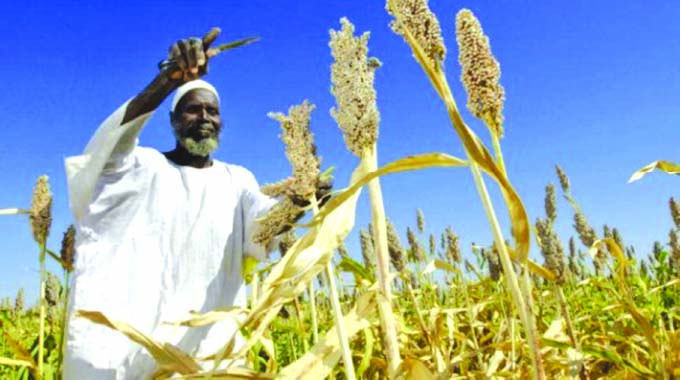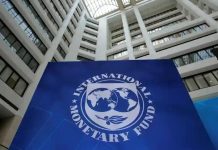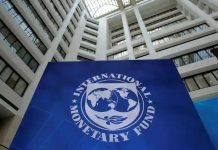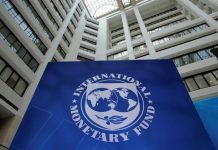Africa Press-Nigeria:
The International Monetary Fund (IMF) has projected a deep coronavirus-induced global recession, which threatens a nearly 4 percent drop in world GDP and could drag the GDP of African economies into a fall of about 1,4 percent, with smaller economies facing a contraction of up to 7,8 percent.
This decline is mainly a result of export adjustments affecting primary commodity exporters and associated tax revenue losses.
This in turn reduces governments’ capacity to extend public services needed to respond effectively to the crisis.
Overall, UNCTAD (United Nations Conference on Trade and Development) estimates a regional average of about 5 percent in public revenue losses in Africa.
Total merchandise exports are expected to contract by about 17 percent in 2020.
These losses will have repercussions on Africa’s progress towards Sustainable Development Goals (SDGs) and Africa’s Agenda 2063.
With at least 60 percent of the African population dependent on agriculture for their livelihoods and access to food, any trade-related distortions to the sector can threaten the food security of the continent’s poor.
In addition to the impact of extreme climate shocks on agricultural productivity, there is a strong positive correlation between economic recession and food insecurity in Africa.
Despite the continent’s huge resource endowments (including a wide availability of arable land, and a young, growing labour force, among other factors), the continent’s agricultural production alone, hampered by distribution, access, and affordability challenges, is insufficient to meet its food security needs.
Huge food importer
From 2016 to 2018, Africa imported about 85 percent of its food from outside the continent, leading to an annual food import bill of US$35 billion, which is forecast to reach US$110 billion by 2025.
This heavy reliance on world markets is detrimental to food security, especially at a time of acute crisis.
A situation exacerbated by the current Covid-19 crisis through its direct impacts on trade, logistics, production and value chains.
In several African countries, the disruption of marketing and trade activities, and Covid-19-related panic-buying, exacerbated food price increases (especially cereals) between March and June.
National policy responses to limit the impact of Covid-19 on food markets in Africa have varied, from the removal of value-added taxes on food products to export restrictions on key food items.
For example, on March 26, Kenya reduced the value-added tax on all goods from 16 percent to 14 percent.
Sudan introduced a ban on sorghum exports on 15 April to ensure domestic availability.
Export restriction policies and hoarding short-circuit trade and distribution, thus exacerbating the risks of food insecurity, especially for the continent’s most vulnerable populations.
Administrative restrictions imposed by governments, such as lockdowns, travel restrictions and physical distancing measures have also worsened the risk of food insecurity.
These restrictions are being felt particularly strongly by low-income households and those working in the informal economy, due to their loss of livelihoods and inability to access markets.






